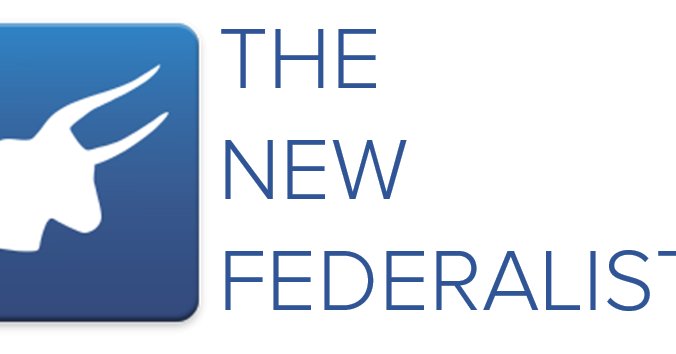Filling in his fellow commissioners, the EU Health and Food Safety Commissioner, Lithuania’s Vytenis Andriukaitis, explained that the three countries were asking Brussels to impose authorisation by fiat and bear the brunt of the resulting backlash from environmental groups. Meanwhile, national governments could score political points at home. France in particular has been outspoken on the glyphosate issue, with longtime critic Ségolène Royal setting the tone in Paris and allegedly convincing Italy to follow along.
To move forward with European-level approval of glyphosate’s continued use, the European Commission’s Committee on Plants, Animals, Food and Feed (PAFF) needs to have at least 16 of 28 member states on board, and that majority of voting states needs to represent 65% of the Union’s population. The number of states voting in favour isn’t a problem, with 20 of 28 states backing renewal and only one (Malta) openly opposing it. The population requirement, however, has allowed Paris, Berlin, and Rome (who together account for over 40% of the Union’s 508 million people) to hold up the approval process by abstaining.
For the French, it isn’t surprising that François Hollande’s embattled Socialist government would quietly ask the Commission to reauthorize while it spares itself another costly political battle. Paris is already embroiled in nationwide strikes and protests over its labour reforms, and some of the leading members of an ongoing grassroots campaign against glyphosate are members of France’s own Green party, erstwhile partners of the Socialists in government. Ségolène Royal, currently France’s energy and environment minister, is an outspoken voice against the herbicide. At the same time, however, the French agricultural sector holds tremendous sway and many farmers both in France and across the continent rely on it to protect their crops. Germany’s decision to abstain stems from internal disputes within Angela Merkel’s governing coalition, with the agricultural minister in favour and the junior partner Social Democratic Party opposed.
In lobbying against the reauthorization of the widely-used herbicide, the anti-glyphosate campaign has primarily focused on a 2015 decision from the International Agency for Research on Cancer (IARC) that the substance was “probably carcinogenic.” That report, however, highlights the discrepancy between coverage of IARC’s findings and what the agency actually sets out to do. The agency, based in Lyon and part of the World Health Organisation (WHO), uses its regularly published monographs to communicate whether a substance or an activity has any link – and that can mean the most minimal of links – to cancer. That helps explain why the organisation declared processed meat to be a carcinogen and red meat in general to be a “probable carcinogen” last year.
The idea of bacon and hot dogs giving consumers cancer sparked a media firestorm, but Harvard’s Kana Wu (who works with IARC) pointed out that the agency’s job is not to “assess the size of risk.” Instead, IARC’s research only seeks to determine whether something could be a hazard, never trying to determine how much of a risk is actually posed. Following that logic, processed meat was put in the same category as smoking – even though the magnitude of cancer risk for smoking is 20 times higher. In the course of its history, IARC has only ever cleared one substance of potential links to cancer. All of the others, including coffee and mobile phones, have been found to be possible carcinogens.
As Wu makes clear, IARC does not take responsibility for establishing safe levels of use. Several European and international bodies do make those determinations, and all of them have backed glyphosate as safe to use. A joint committee including the WHO and the Food and Agriculture Organization (FAO) made that determination just last month, finding that glyphosate was “unlikely to pose a carcinogenic risk” to humans and unlikely to damage cellular genetic material. In doing so, the WHO/FAO echoed an identical finding from the independent European Food Safety Authority (EFSA) last year. The differing criteria used by IARC is at the root of the discrepancy, but some of the more extreme voices have set their sights on the other agencies involved. In the midst of the reauthorisation fight, a suspected parcel bomb was delivered to the EFSA offices in Parma – prompting an outspoken response from Commissioner Andriukaitis.
In covertly contacting the Commission and asking it to move ahead, France, Germany, and Italy want commission president Jean-Claude Juncker to override the member country vote and reauthorise glyphosate without them. As the Commission has stressed, however, each of these three countries (and every other country in the Union) is free to ban any substance approved on the European level. In effect, the political battle taking place at the European battle has become a proxy fight for governments unwilling to take action on their own.

Follow the comments: |
|
